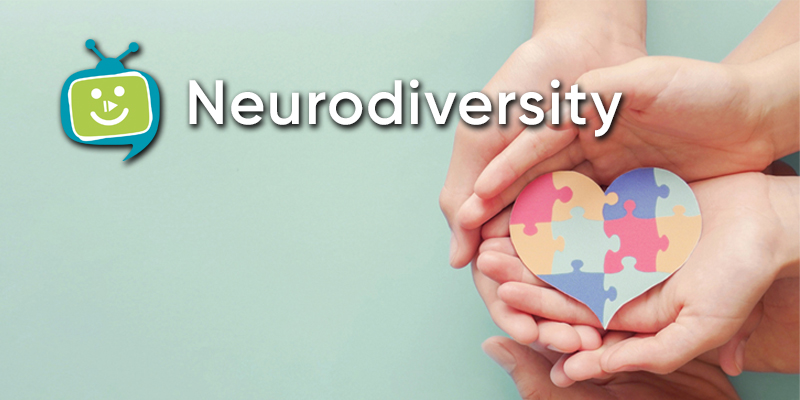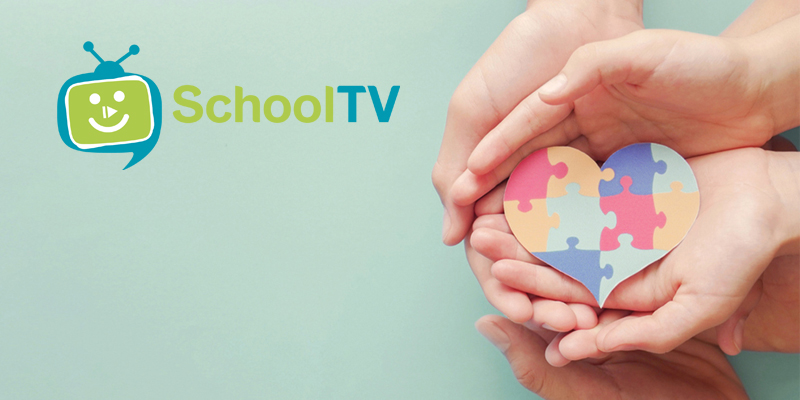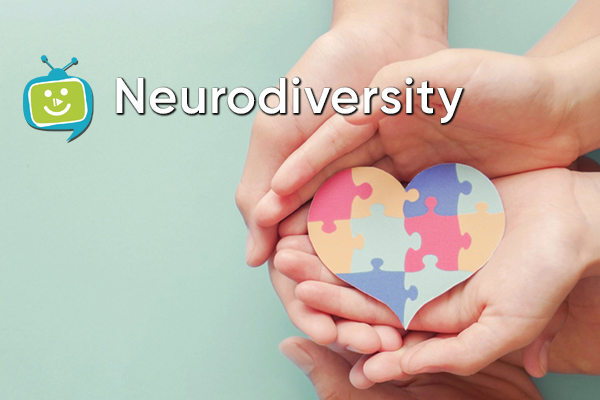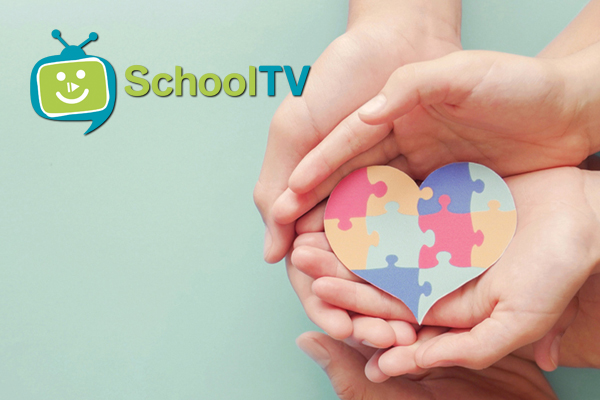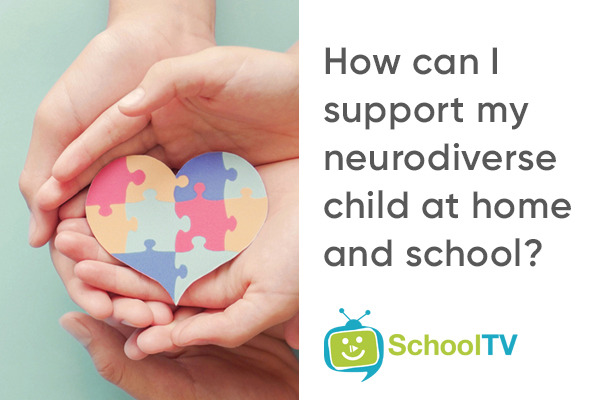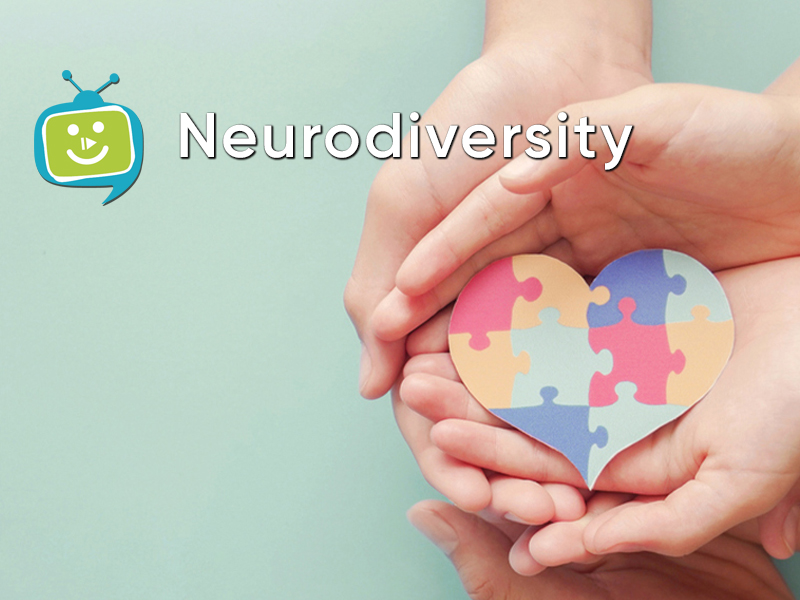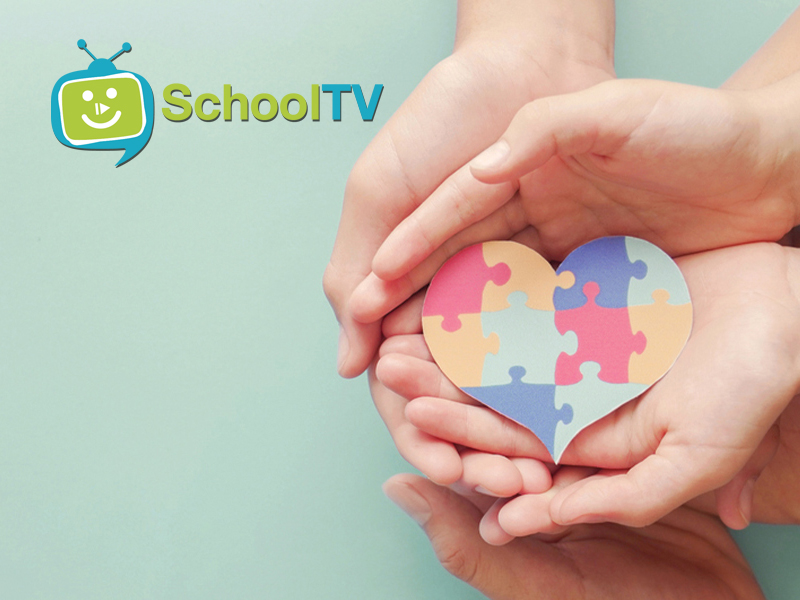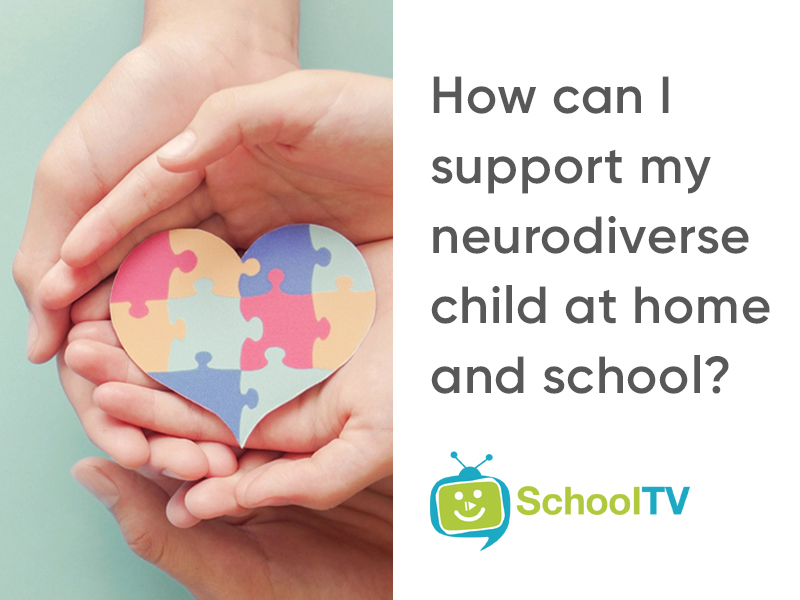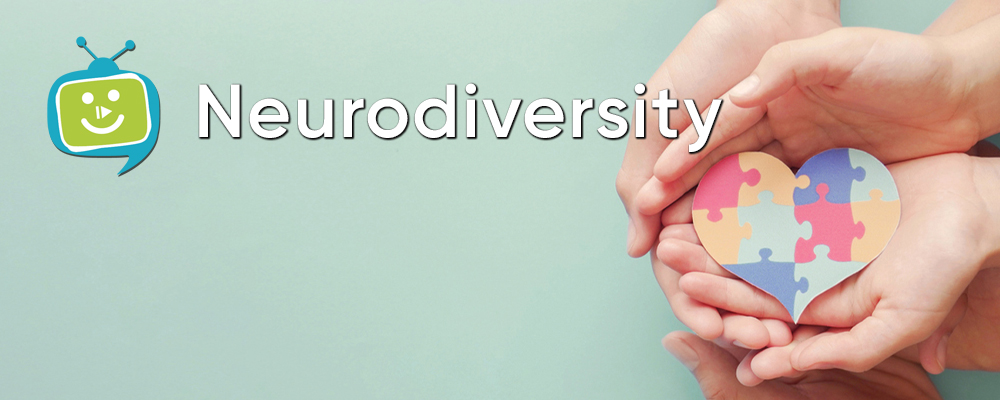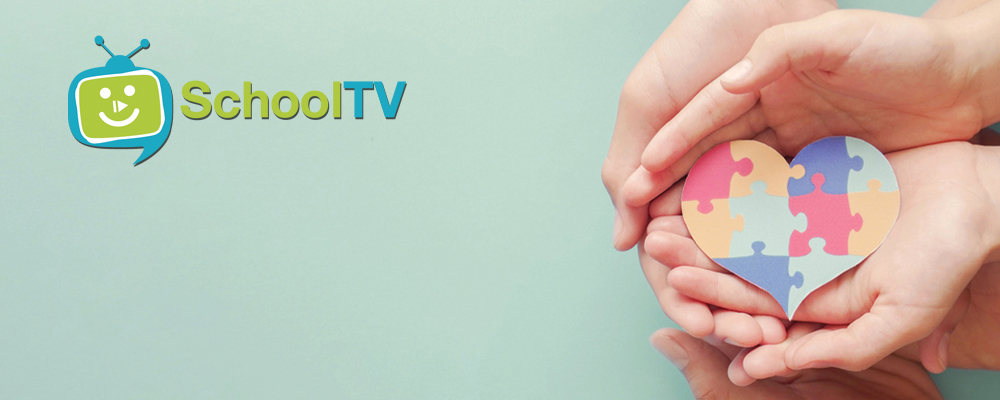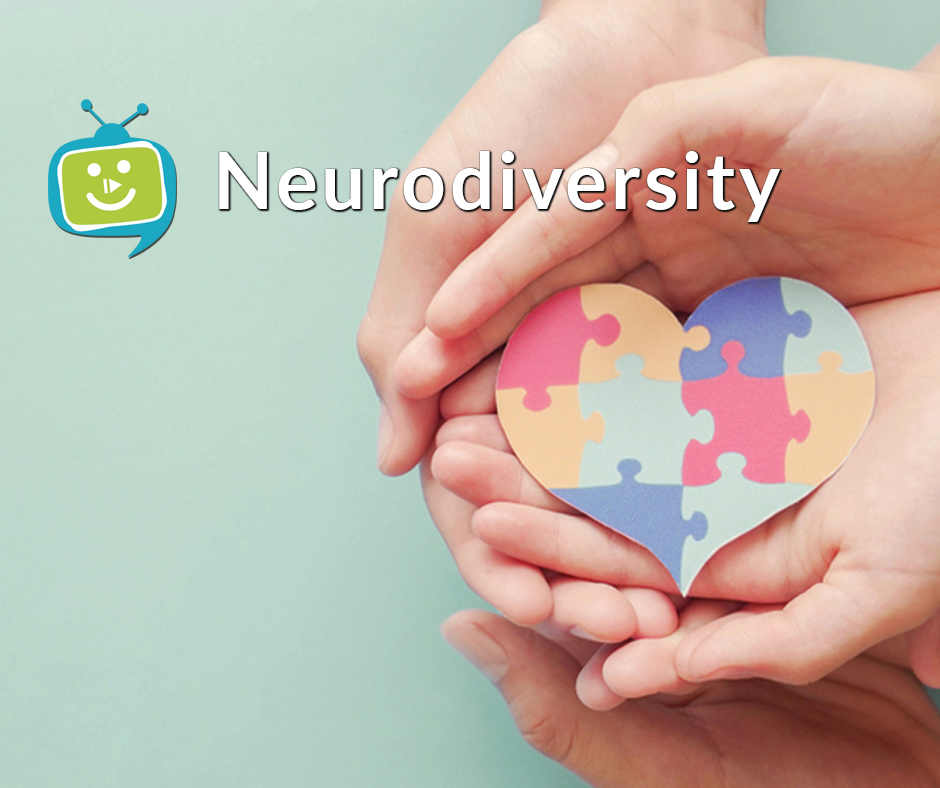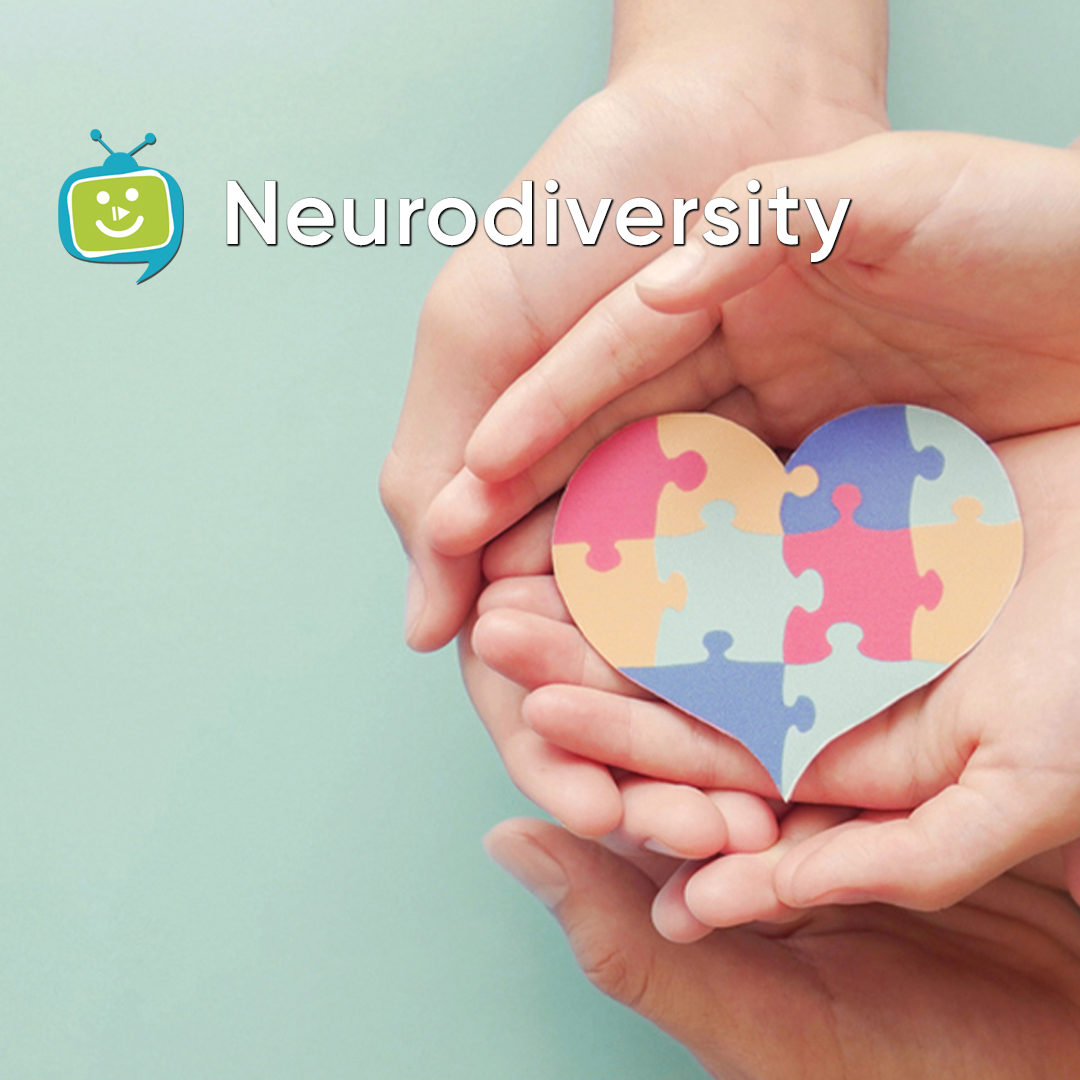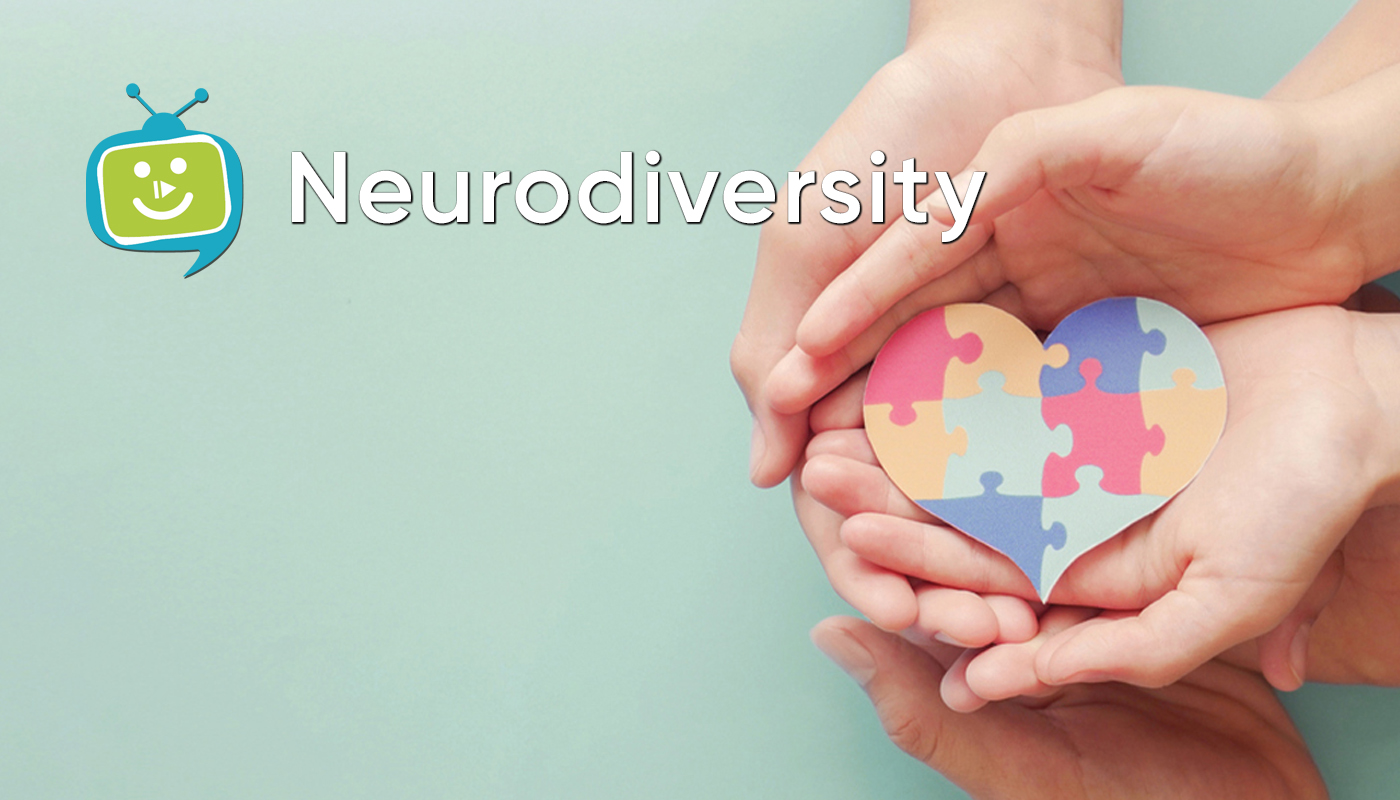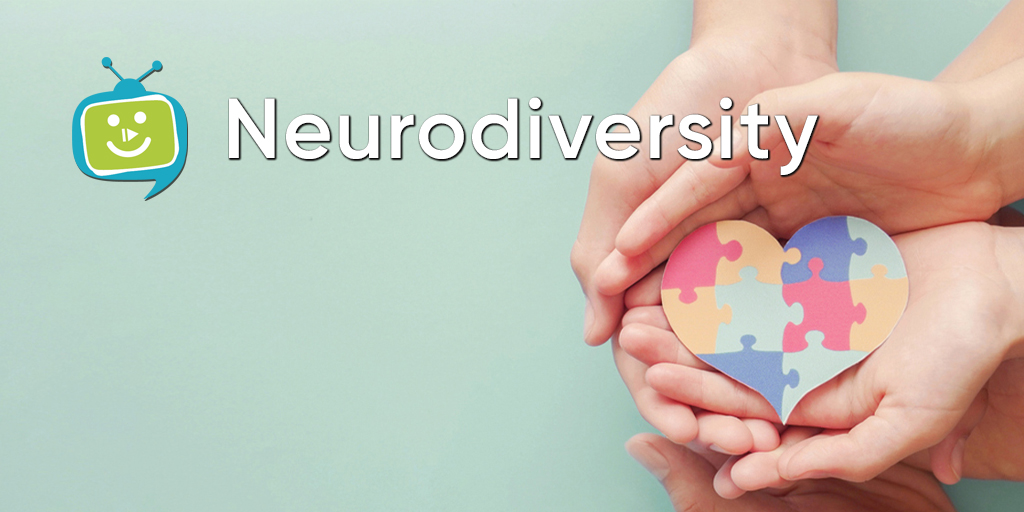
Diversity & Inclusion Series
Diversity in the student population enriches educational environments, incorporating various backgrounds and perspectives. Valuing these differences creates an inclusive learning space that caters to diverse needs and preferences.
Students of different ethnicities, races, genders, religions, and abilities bring together intercultural understanding to celebrate differences and create a world of acceptance. Embracing diversity in schools not only promotes social cohesion but also equips students with vital life skills, such as empathy, tolerance, and communication.

Topic: Neurodiversity
In this edition of SchoolTV - Neurodiversity
Neurodiversity emphasises the natural variation in how an individual's brain functions and how they perceive and interact with the world, leading to diverse ways of learning and communicating. While most young people are neurotypical, some exhibit variations in brain development, such as ADHD, autism or dyslexia, making them neurodivergent.
Embracing neurodiversity involves accepting, celebrating, and supporting neurodivergent children and adolescents without attempting to change or treat their differences. Using respectful language, challenging unhelpful attitudes, avoiding assumptions, and actively promoting inclusivity can help embrace neurodiversity effectively.
Acknowledging the unique ways neurodiverse young people do things and then adapting tasks and activities to ensure their full participation will encourage them to develop strategies that feel natural to them. It will help improve their mental health, wellbeing and sense of self. By recognising and nurturing their strengths, parents and caregivers can contribute to building an inclusive and compassionate society where all young people can thrive.
Learning more about neurodiversity, equips caregivers with insights into effective communication techniques, educational strategies, and parenting approaches tailored to the specific needs of their neurodivergent child.
We hope you take time to reflect on the information offered in this edition of SchoolTV and we always welcome your feedback. If you have any concerns about your child, please contact the school counsellor for further information or seek medical or professional help.
Here is the link to the Neurodiversity edition of SchoolTV
https://schooltv.me.uk/newsletter/neurodiversity


